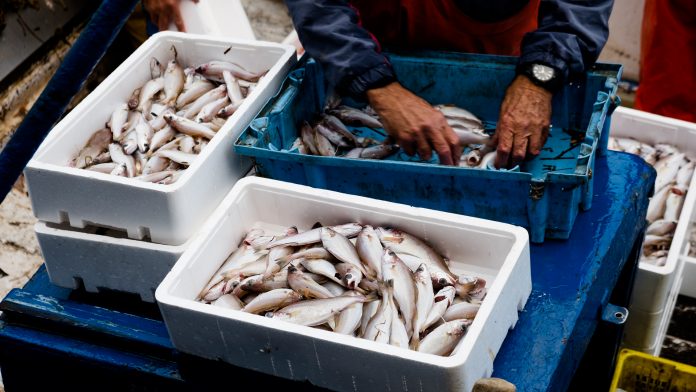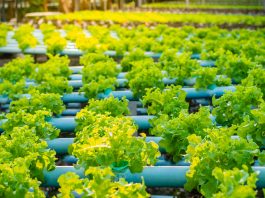According to a worldwide analysis of small-scale fisheries by Stanford University, they could help the food industry increase its resilience in the face of climate change.
In an assessment of 22 small-scale fisheries that experience climate stressors, researchers revealed that diversity and flexibility are among the most important adaptive capacity factors overall, while access to financial assets was not as important for individual households as it was at the community scale.
Lead author of the paper, published in the journal Climatic Change, Kristen Green, a PhD student in the Emmett Interdisciplinary programme in Environment and Resources (E-IPER) at Stanford’s School of Earth, Energy & Environmental Sciences (Stanford Earth), said: “The idea of assets not being essential at the household level is an empowering finding because we looked at a lot of places in developing nations without a lot of assets. It shows we can invest in non-financial or non-asset-based adaptive mechanisms, and fishers can still adapt.”
The researchers measured the adaptive capacity of small-scale fisheries using a new framework with three response pathways: adapt, react, and cope. Adaptation is defined as proactive planning or taking collective action, reaction as an unplanned response, and coping as passive acceptance of consequences. Green explained: “These adaptive capacity domains don’t work in isolation – it’s the recipes or combinations that are important for successful adaptation.”
Testing the climate response of fishing communities
While previous research has calculated a quantitative or numerical resilience score for different regions and sectors, the focus on community response is fairly new, according to senior author Larry Crowder, the Edward Ricketts Provostial Professor and professor of biology in Stanford’s School of Humanities and Sciences. He said: “Millions of people are dependent on making a living in small-scale fisheries, and some of them are currently doing it better than others.
“If we can identify the features that allow communities and individuals to be better prepared for those perturbations – in other words, to have an adaptive response – then we can try to build that capacity in communities that don’t have it.”
The researchers found that diversity and flexibility were important at every scale, for both community and household adaptive capacity in responding to acute and chronic stressors – for example, being able to diversify fishing portfolios or shift to other means of income. In addition to climate stressors, the researchers assessed responses to biological, economic, political, and social changes, as well as environmental degradation and overfishing. The patterns that emerged from the study may be applied to adaptive capacity in other sectors, such as agriculture or manufacturing.
The analysis revealed several examples of how Western-style management – such as imposing fixed protection areas or maximising one product that will make the most money – does not always work for small-scale fisheries.









